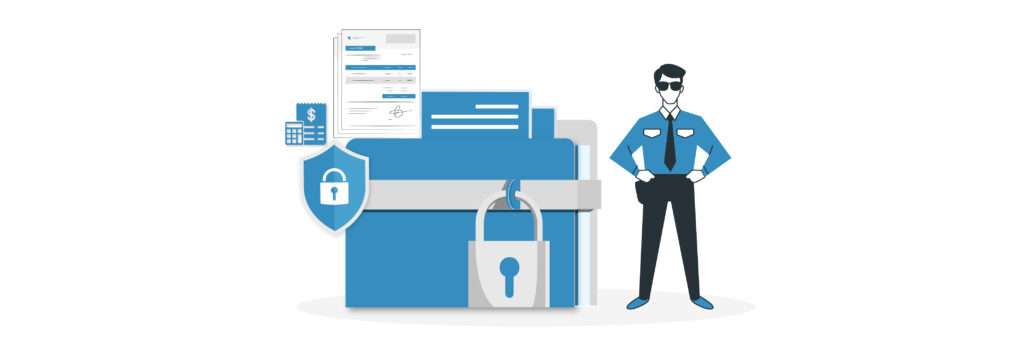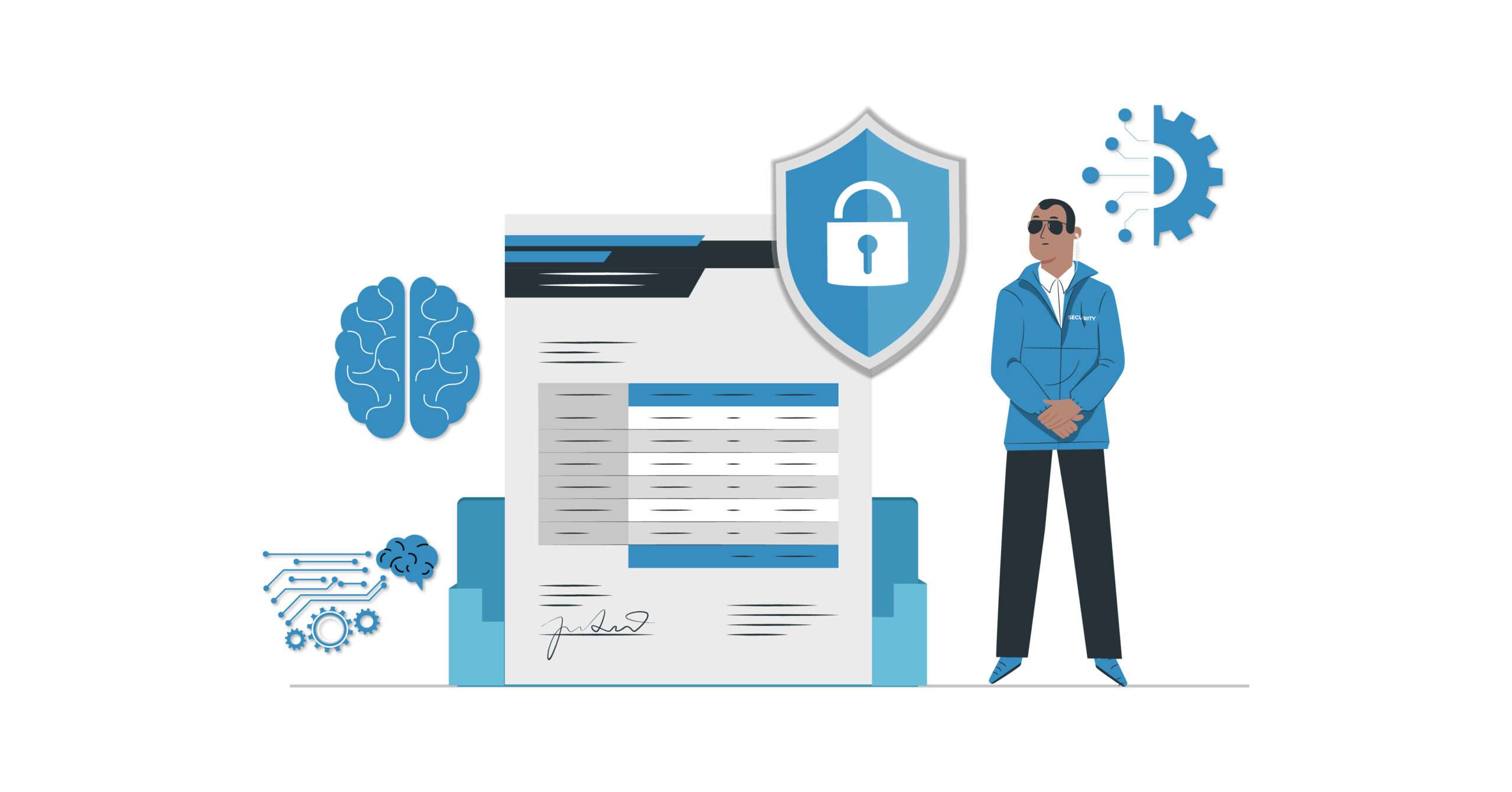Your business works on controls—requiring department-level approvals, matching invoices to purchase orders, and granting the CFO or higher-level management the sole responsibility for signing checks; all this to safeguard invoices against fraud and deceits.
While intentions are good, these controls are challenging to organize and maintain, especially when the number of invoices multiplies, and constituents are physically separated.
Because of the increasing complexity of Invoice operations, organizations must remain vigilant to protect their financial well-being from risks of errors, and compliance issues.
Today, we look at the untapped potential of Invoice Automation and how it affects your financial stability.
Let’s get started.
Why is it important to safeguard invoices?

In addition to these, here are some reasons that are convincing enough to secure your Invoice processes today:
The Growing Threat Landscape
Did you know that businesses worldwide lose billions of dollars each year due to fraud? According to a recent report by the Association of Certified Fraud Examiners (ACFE), organizations lose an estimated 5% of their annual revenue to fraud. Safeguarding your invoice management operations is vital to protect your organization from such financial losses.
Regulatory Compliance
Compliance with regulations is necessary not only to avoid legal consequences but also to retain confidence and reputation. Regulator non-compliance can result in expensive penalties and harm to your company’s reputation. It’s crucial to safeguard invoices and ensure compliance with industry standards and regulations by implementing strong safety measures.
Financial Stability
Your organization’s financial stability is directly related to effective safeguarding measures. According to a survey by the Global Fraud and Risk Report, businesses are more likely to preserve financial stability and suffer less financial loss when they place a high priority on fraud prevention and safety measures.
Challenges in Traditional Invoice Processing

In this section, we’ll explore the challenges faced by businesses in traditional invoice processes and the need for enhanced safeguarding.
1. Manual Workflows
Manual AP workflows are prone to mistakes and inefficiency. Levvel Research found that roughly 30% of invoice processing problems are caused by manual data entry errors.
A single wrong entry can lead to a major financial risk and can often lead to system failures.
2. Security Vulnerabilities
Invoice procedures that use paper are prone to security breaches and unauthorized access. According to the Ponemon Institute’s Cost of Cybercrime Study, the average cost of a data breach is $3.86 million. Businesses can reduce security risks and guarantee the protection of critical financial data by deploying invoice automation.
3. Lack of Visibility and Control
Traditional invoice processing methods lack visibility and control hampers efficient decision-making and increases the chance of errors. According to a survey by Ardent Partners, 62% of organizations, need help getting real-time visibility into the status of their invoices. This leads to clouded and unreliable decision-making, leading to operational discrepancies and even losses.
How Automation Process would Safeguard Invoices

In this section, we’ll explore how Invoice automation addresses the challenges of traditional bill processes, enhancing safeguarding measures.
1. Streamlined Workflow
Businesses can significantly save processing time and errors by automating invoice processing activities. Research by the Institute of Finance and Management (IOFM) found that invoice automation reduces processing time for organizations by 70%. Optimized workflows guarantee prompt and accurate invoice processing, lowering the possibility of fraud and safeguard invoices by easily accounting irregularities.
2. Data Integrity and Validation
Data validation procedures that are automated reduce the possibility of errors and maintain the integrity of invoice data. Levvel’s research revealed that invoice automation led to a 92% increase in data accuracy for organizations. Invoice automation improves data accuracy and lowers the possibility of fraud by removing duplicate entries and confirming invoice information.
3. Secure Document Storage
Digital document storage provides a secure and centralized store for financial documents. Research by AIIM found that switching to digital document management solutions resulted in a 40% decrease in security breaches involving documents.
Automation reduces the risk of unauthorized access and ensures the safety of your data by storing critical financial documents responsibly, encrypting them, and restricting access to only authorized individuals.
4. Access Controls and Audit Trails
Invoice systems provide strong access controls and user rights. According to a study by the Aberdeen Group, organizations using invoice automation saw a 35% drop in incidences of unauthorized access. Sensitive financial data can be accessed only by authorized individuals by setting user rights to restrict access to the data. Audit trails also offer a thorough account of all operations, generating a verifiable audit trail for compliance needs.
Empower Your Invoice Management With Automation
While maintaining the integrity of their invoice processes by optimizing workflows, improving data integrity, assuring safe document storage, and adopting access controls, businesses can transform the way they handle their accounts payable.
With the increasing prevalence of fraud and security breaches, deploying comprehensive protection measures is more necessary than ever.
Don’t expose your company to financial hazards and safeguard invoices and payment processes. Investing in a quality and complaint automation solution is an absolute necessity.
Remember, financial security is not an option but necessary for long-term financial stability and success.




